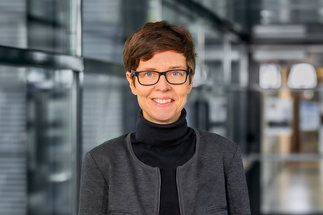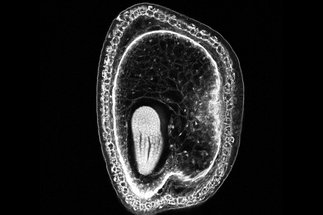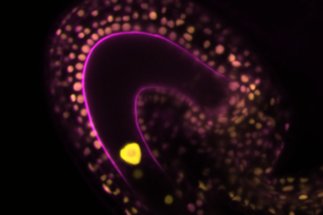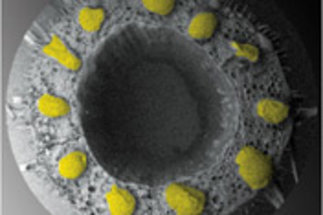
Plant Reproductive Biology and Epigenetics
The department of Prof. Dr Claudia Köhler studies genetic and epigenetic processes regulating flowering plant reproduction and their impact on plant speciation. The main focus is to understand processes regulating seed formation, seed growth and the establishment of hybridization barriers.
Seeds form the basis for human nutrition and their tripartite composition of embryo, endosperm and seed coat makes them fascinating developmental models to study. All three structures have to coordinate their growth by exchanging specific signals that remain to be explored. Using genetics, genomics, epigenomics and bioinformatics, we aim at elucidating:
- the key factors initiating seed formation
- the signals regulating communication between the different seed compartments
- the basis for seed-based hybridization barriers
- parental-specific effects on seed development
- the evolutionary basis of endosperm formation
An other research topic focuses on long-distance transport mechanisms of regulatory molecules within plants (AG Kragler).



